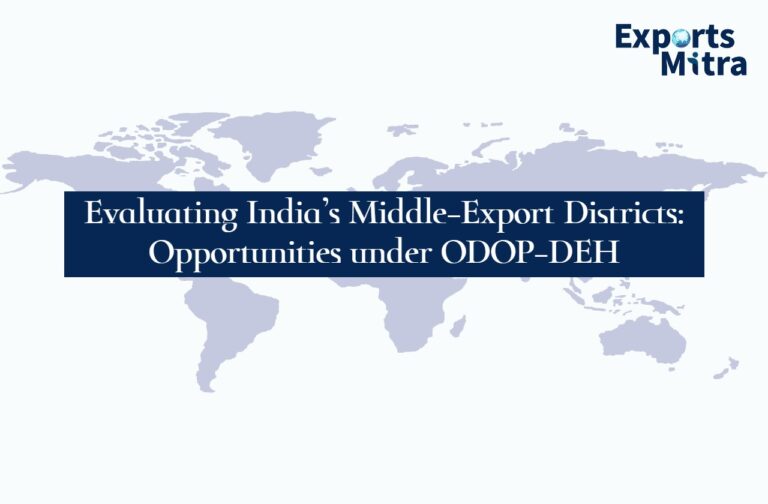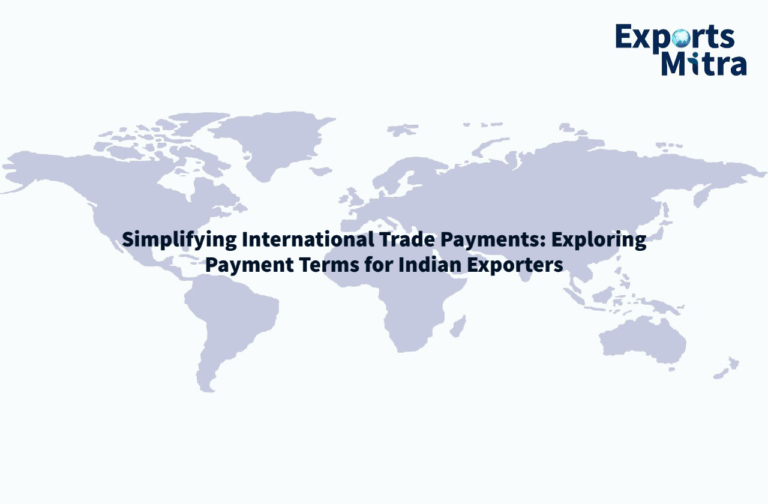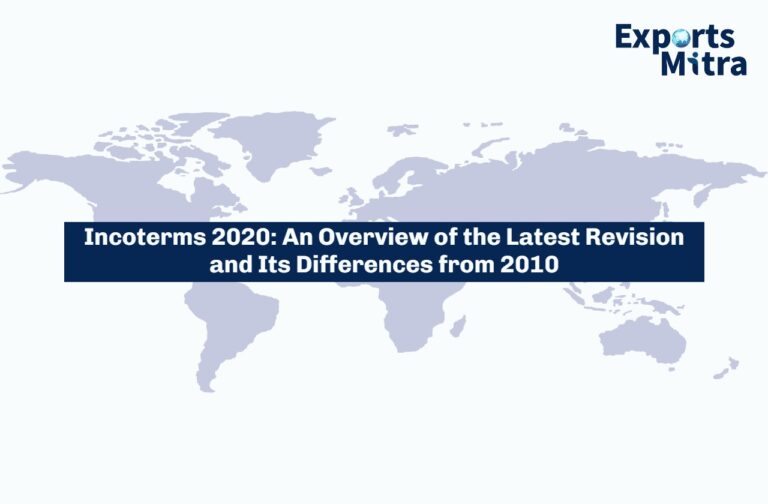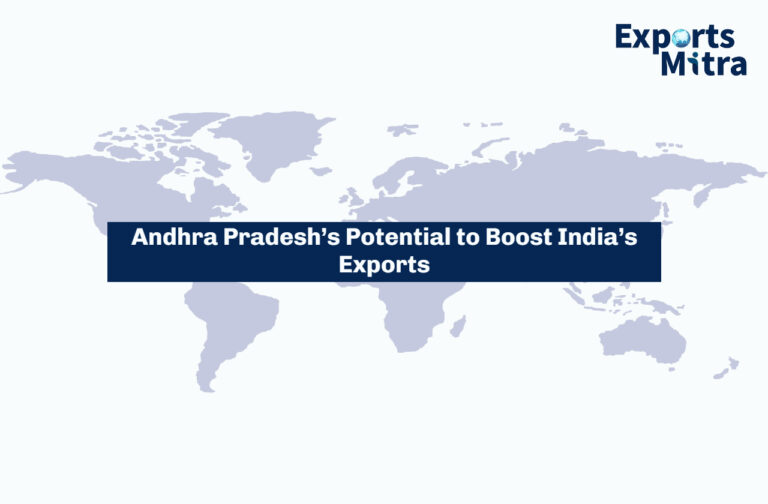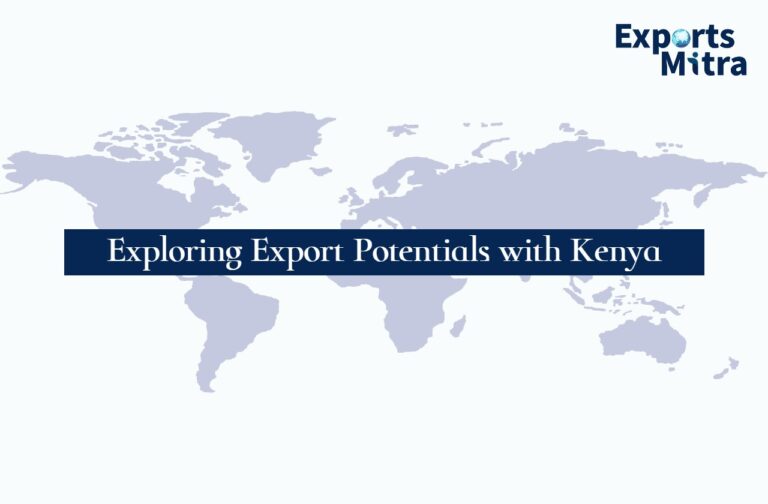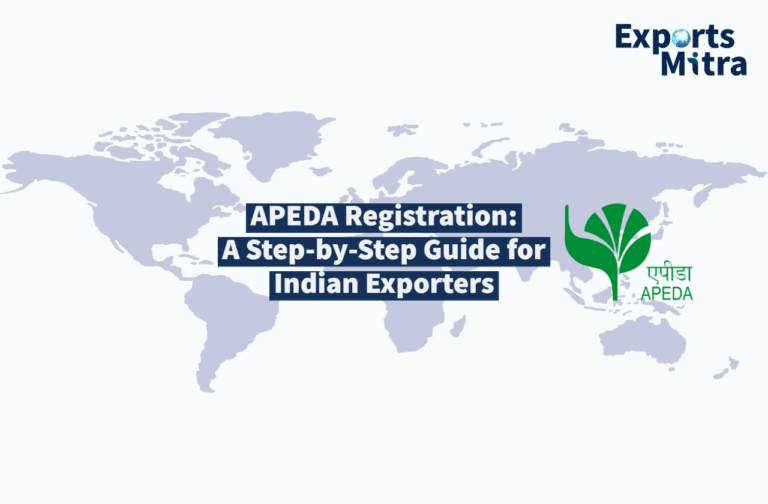Introduction
International trade involves complex processes and various risks for buyers and sellers. To ensure clarity and consistency in trade transactions, the International Chamber of Commerce (ICC) developed a set of standardized trade terms called Incoterms. These terms define the responsibilities, risks, and costs of both parties involved in international trade. Incoterms are widely used and accepted globally and provide a framework for international trade transactions.
Table of Contents
Introduction to Incoterms and their purpose
Incoterms are a set of standardized trade terms that outline the obligations of buyers and sellers in international trade transactions. They provide a common language that helps to avoid misunderstandings between the parties involved in a transaction. The primary purpose of Incoterms is to facilitate international trade by defining the responsibilities, risks, and costs of both buyers and sellers. They also help to determine the transfer of ownership and delivery of goods between parties.
Types of Incoterms and their features
There are eleven Incoterms in total, and each one represents a different set of obligations and risks for buyers and sellers. Some of the most commonly used Incoterms include:
• EXW (Ex Works): The seller is responsible for making the goods available at their premises, and the buyer is responsible for all costs and risks from that point on.
• FOB (Free on Board): The seller is responsible for delivering the goods on board the vessel at the named port of shipment. The risk transfers to the buyer as soon as the goods are on board the vessel.
• CIF (Cost, Insurance, and Freight): The seller is responsible for delivering the goods on board the vessel at the named port of shipment and pays the cost of freight and insurance to the destination port. The risk transfers to the buyer as soon as the goods are on board the vessel.
Each Incoterm has specific features that define the responsibilities, risks, and costs of both buyers and sellers. It is essential to choose the right Incoterm that suits the needs of the transaction.
Risks and responsibilities of buyers and sellers under Incoterms
Incoterms define the risks and responsibilities of both buyers and sellers in international trade transactions. The buyer and seller have specific obligations, and failure to meet them can result in financial losses or legal disputes. For example, under FOB terms, the seller is responsible for delivering the goods on board the vessel at the named port of shipment. If the seller fails to do so, the buyer may suffer losses, such as demurrage charges for the delay in the vessel’s departure.
Transfer of ownership and delivery of goods under Incoterms
Incoterms also determine the transfer of ownership and delivery of goods between buyers and sellers. The transfer of ownership and delivery of goods can occur at different points in the transaction, depending on the chosen Incoterm. For example, under FOB terms, the transfer of ownership and delivery of goods occurs when the goods are on board the vessel at the named port of shipment.
Applicability of Incoterms to different modes of transport
Incoterms are applicable to different modes of transport, such as sea, air, road, and rail. Some Incoterms are suitable for all modes of transport, while others are specific to a particular mode. For example, FOB is commonly used in sea transport, while CPT (Carriage Paid To) is suitable for all modes of transport.
Interpretation and usage of Incoterms in international trade
Interpretation and usage of Incoterms require a clear understanding of their meaning and implications. Incoterms should be included in the sales contract and agreed upon by both parties. It is essential to use the appropriate Incoterm for the transaction to avoid misunderstandings and disputes.
Common misconceptions and errors in using Inc oterms
Misconceptions and errors can occur in the interpretation and usage of Incoterms, which can lead to disputes and financial losses. Some common misconceptions and errors include:
• Assuming that Incoterms cover all aspects of a transaction: Incoterms only cover the obligations and responsibilities of buyers and sellers in international trade transactions. They do not cover other aspects such as payment terms, delivery time, and product specifications.
• Assuming that the same Incoterm is suitable for all transactions: Different transactions may require different Incoterms, depending on the mode of transport, type of goods, and location of the parties involved.
• Assuming that Incoterms define the exact costs and fees: Incoterms provide a framework for defining the responsibilities and risks of buyers and sellers, but they do not provide the exact costs and fees. The parties must negotiate and agree on the costs and fees separately.
Legal implications and contract terms under Incoterms
Incoterms have legal implications and can affect the contract terms between buyers and sellers. The chosen Incoterm should be included in the sales contract, and both parties should agree on its interpretation and usage. The contract should also specify the delivery time, payment terms, and other relevant details.
Comparison of Incoterms with other trade terms
Incoterms are not the only trade terms used in international trade. Other trade terms include Uniform Commercial Code (UCC) in the United States and International Sale of Goods (CISG) globally. However, Incoterms are widely accepted and recognized globally, making them a preferred choice for international trade transactions.
Conclusion
In conclusion, Incoterms are a set of standardized trade terms that define the responsibilities, risks, and costs of both buyers and sellers in international trade transactions. They help to avoid misunderstandings and disputes between parties and provide a common language for international trade. Incoterms have legal implications and should be included in the sales contract, and both parties should agree on their interpretation and usage. The appropriate Incoterm should be chosen for each transaction, depending on the mode of transport, type of goods, and location of the parties involved.

